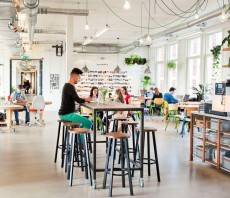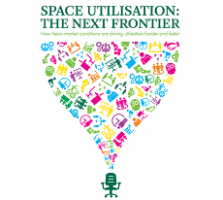March 16, 2016
Hong Kong, London and Beijing most expensive cities for office space 0
 Hong Kong is the world’s most expensive office location, followed by London, Beijing and New York.This is according to JLL’s Premium Office Rent Tracker, which compares like-for-like occupation costs across 24 cities around the world. This ranks Established World Cities such as New York and London, Emerging World Cities like Shanghai, Dubai and Mumbai, and New World Cities such as San Francisco, Boston and Toronto. The latest research shows that six of the top ten most expensive cities for office rentals are in Asia; with Hong Kong the world’s costliest office rental market on a net basis as well as including added costs such as service charges and property tax. The tracker found continued demand prime office space, despite a rise in economic uncertainty; while across the global cities, the technology, media and telecommunications sectors are moving into premium office space – previously dominated by the finance and professional services sector.
Hong Kong is the world’s most expensive office location, followed by London, Beijing and New York.This is according to JLL’s Premium Office Rent Tracker, which compares like-for-like occupation costs across 24 cities around the world. This ranks Established World Cities such as New York and London, Emerging World Cities like Shanghai, Dubai and Mumbai, and New World Cities such as San Francisco, Boston and Toronto. The latest research shows that six of the top ten most expensive cities for office rentals are in Asia; with Hong Kong the world’s costliest office rental market on a net basis as well as including added costs such as service charges and property tax. The tracker found continued demand prime office space, despite a rise in economic uncertainty; while across the global cities, the technology, media and telecommunications sectors are moving into premium office space – previously dominated by the finance and professional services sector.
































March 22, 2016
While politicians squabble, here’s what the Budget meant for the workplace 0
by Mark Eltringham • Comment, Facilities management, Legal news, Workplace, Workplace design
(more…)